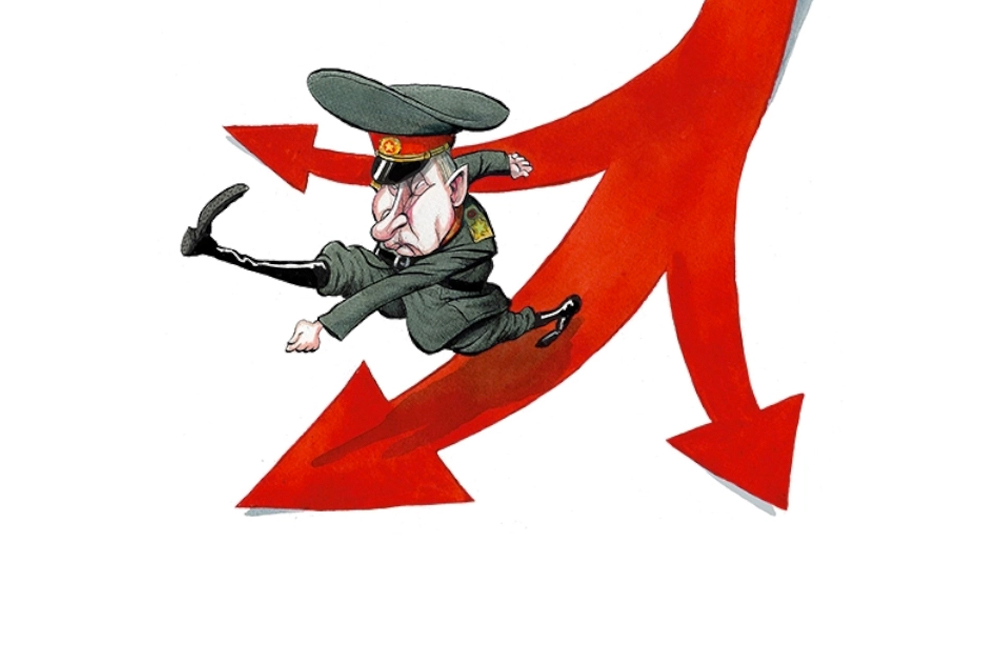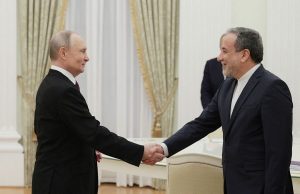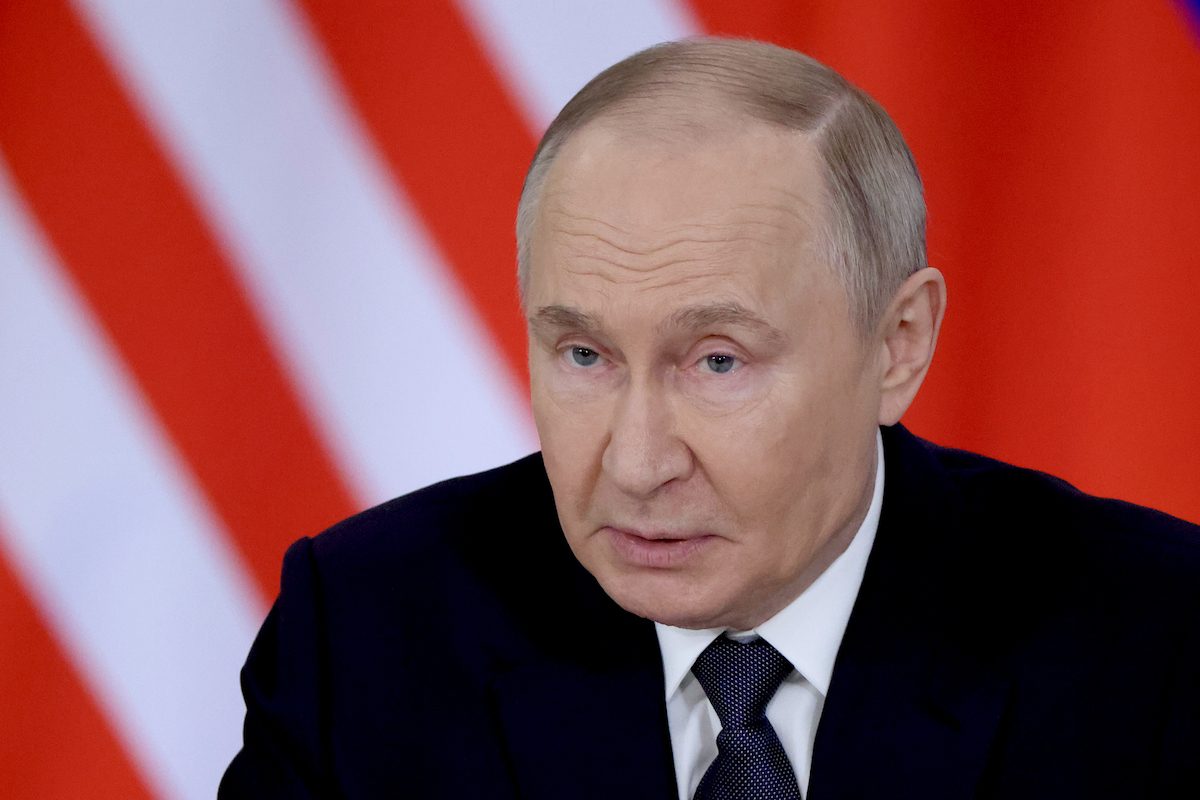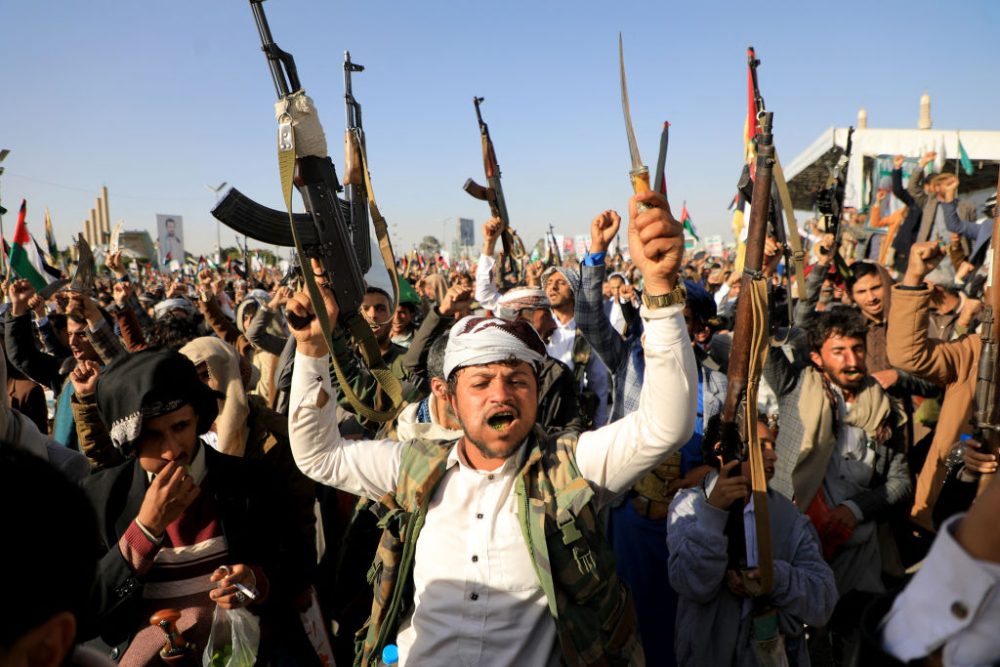As a founding member of the International Criminal Court, South Africa has an obligation to arrest Vladimir Putin should he ever step foot in the country. This posed a problem for Pretoria, given the Russian leader was due to attend a meeting of the BRICS trading group in Johannesburg next month. No longer. President Cyril Ramaphosa announced on Wednesday that Mr. Putin would be staying home.
The International Criminal Court has accused him of war crimes in Crimea, especially over the treatment of children, and has issued a warrant to all member states. Pretoria has been neutral on the war in Ukraine, abstaining from UN votes relating to the invasion, but the Hague treaty is still binding.
However, there may have been another reason for the canceled visit. Since the short-lived coup by the Wagner mercenary group, Mr. Putin has been edgy about leaving the Kremlin. Had he been deposed in his absence, Pretoria might have been stuck with an exile and fugitive from justice. Few countries would be likely to grant him sanctuary.
But if he had gone ahead with the trip, would a minor player like South Africa — whose military is no match for Russia — really arrest their leader? Moscow had made clear that to do so would be an act of war. “Ka-poof!” Long-range warheads landing on Jo’burg, Durban and Cape Town would soon have shortened BRICS to BRIC.
Even so, South Africa’s courts are fiercely independent. In 2015, when former Sudanese president Omar al-Bashir paid a visit — with a similar warrant on his head from the ICC — the then-president Jacob Zuma made no move to nab him. So a rights group went to court and got an order forcing the police to act.
In office, Zuma had a constitutional duty to uphold the law and therefore couldn’t tell the police to back off. Instead, al-Bashir was rushed to a military airstrip and flown home. He was later overthrown in a coup, but a precedent had been set: it was clear that if Ramaphosa and his ruling ANC Party failed to enforce a warrant on Putin, a judge would.
The BRICS meeting will still go ahead next month and Russia will be represented by its charismatic foreign minister Sergey Lavrov who is a regular visitor to Africa. He has been successful in persuading much of the continent to stay out of the war. Indeed among South Africa’s neighbors, only Botswana voted with NATO and its allies against Russia at the UN.
Putin’s absence speaks not so much to the power of diplomacy as to South African rule of law. In recent days, the all-powerful courts have ordered former president Zuma, now aged eighty-two, back to prison. Mr. Zuma was granted medical parole on grounds that he was too sick for jail — usually only granted when an inmate is close to death — but has since been flying to meetings and rallies. The courts have ruled that he must now return to prison to serve out his conviction for contempt. He was first jailed in 2021 for failing to attend an inquiry into allegations of theft and embezzlement under his government.
Zuma is in Moscow for medical treatment and it is Putin who might now be stuck with an exiled former president.
This article was originally published on The Spectator’s UK website. Subscribe to the World edition here.

























